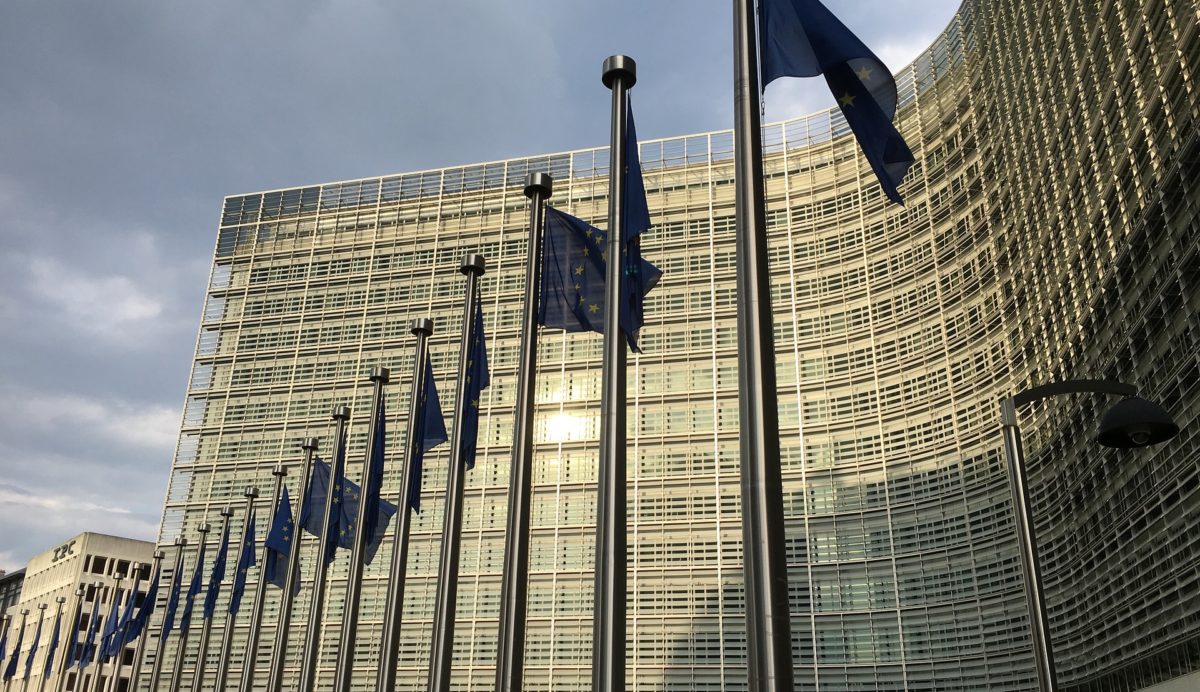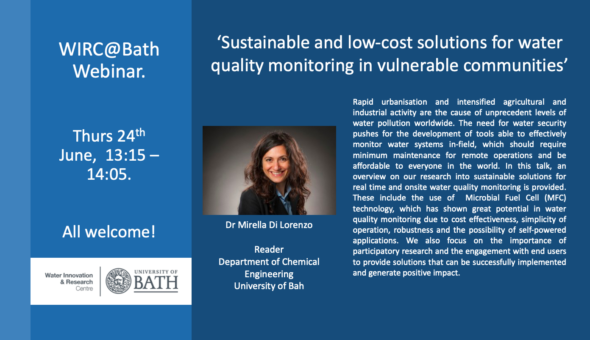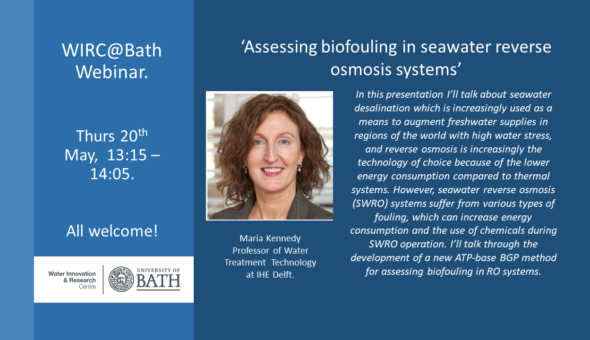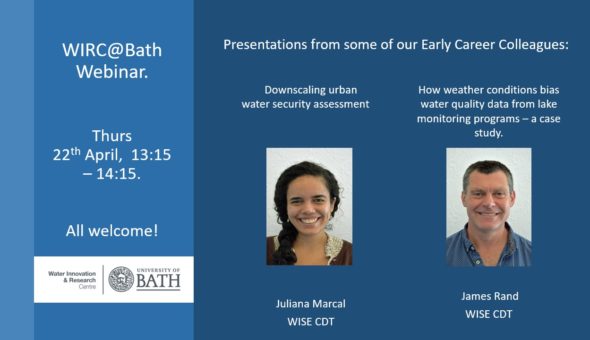The European Commission is working on a further harmonisation of water related directives and make them fit future needs. Some of the Directives are over 20 years old now and need updating to modern standards and emerging issues like climate change, pollution and adopt principles of circular economy.
The first Directive that was considered in this process, is the Drinking Water Directive (98/83/EC). On 1 February 2018, the EC adopted a proposal for improving this Directive focussing on improving water quality and better information provision to citizens. The proposal for the changed directive will be transmitted to the European Parliament and the European Council to get final approval, after which the Directive will be ratified and implemented in the national legislations by the Member States.
The Commission has recently started a similar evaluation process for the Urban Waste Water Treatment Directive (UWWTD, 91/271/EEC). The UWWTD was put in place over 25 years ago to protect the environment from adverse effects of for waste water discharges from urban areas. It sets requirements for collection and treatment of wastewater, but it only focusses on macro parameters such as suspended solids, organic material (BOD, COD), nitrogen and phosphorous. Implementation of the Directive has been proven challenging in many member states (only 85% is treated according to the requirements). But also, many new challenges have emerged since it was in place. Improved analytical procedures have revealed the presence of many trace organic compounds, such as pharmaceuticals and other chemicals. Additional challenges have become apparent from climate change and demographic changes. New water legislation such as the Water Framework Directive and derived Directives were adopted, and policies are moving increasingly towards a circular economy.
The Urban Waste Water Directive is now evaluated by the European Commission. Part of this evaluation process is a public consultation, where general public can give their view on the UWWTD and how it affects their daily life (link). Feel free to go to the questionnaire and submit your views (before 19 October 2018). Also, stakeholders are gathering information and preparing policy recommendations that will be offered to the Commission as input to this process. Prof Jan Hofman and Prof Lian Lundy (Middlesex University/Luleå University of Technology) are leading one of these initiatives for the Water supply and sanitation Technology Platform (WssTP) as co-chairs of the Working Group on Urban Water Pollution. The Working Group will develop a position paper on behalf of WssTP to submit to the public consultation, but it also anticipates on organising two workshops to make the connection to research. The first workshop will be in Brussels on 29 November 2018.
On 11 and 12 September, the Directorate on Research and Innovation (DG-RTD) of the European Commission organised a workshop on Urban Water Management. They invited over 40 experts from Europe to discuss a recent draft expert report on Urban Water Management. Prof Jan Hofman joined the workshop for both days. The report summarised the conclusions from many (>2,500) water related research projects in FP6 and FP7, turning them into policy recommendations. The workshop was intended to further explore the outcomes and add expert views on the topic. The outcome will be submitted to DG-Environment (DG-ENV) as a part of the evaluation of the UWWTD.
Both examples, the WssTP and the Commission’s stakeholder process, are excellent examples where WIRC can contribute to innovation and policy development. With our expertise and knowledge, based on our globally leading research, we can directly influence the development of water policies in Europe and contribute to a better and sustainable environment.
Respond




